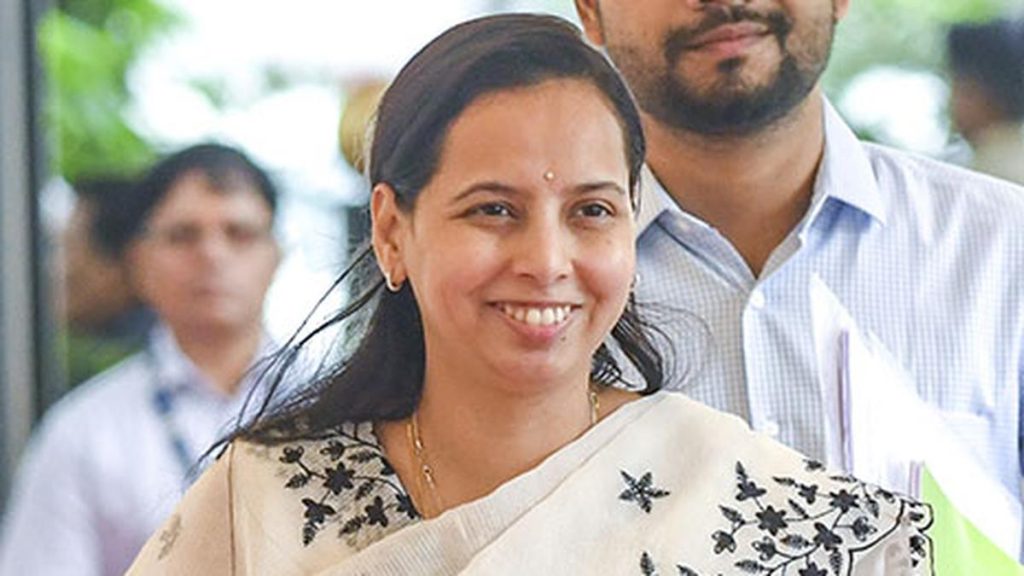Now Reading: Kerala HC Dismisses Contempt Appeal by University Syndicate Member
-
01
Kerala HC Dismisses Contempt Appeal by University Syndicate Member
Kerala HC Dismisses Contempt Appeal by University Syndicate Member

Quick Summary
- The Kerala High Court declared the appeal filed by R. Rajesh, a syndicate member of Kerala University and former MLA, in a contempt of court case as “not maintainable.”
- Rajesh is accused of using “insinuation and intemperate language” in a July 6 Facebook post criticizing the high Court Bench handling petitions related to the education sector.
- A Single Bench had earlier initiated suo motu contempt proceedings and directed Rajesh to appear before the court on July 23.
- On Monday,a Division Bench clarified that an appeal under the Contempt of Courts Act can only arise after an actual conviction or punishment for contempt. In this case, charges have merely been framed.
- Rajesh’s legal counsel argued that only designated judges or the Chief Justice could initiate contempt proceedings, not directly frame charges.
- The Facebook post alleged political interference in higher education appointments by appointing Vice-Chancellors without proper qualifications and claimed HC decisions were influenced by ideology supporting Sangh Parivar.
Indian Opinion Analysis
The Kerala High court’s decision underscores procedural complexities within India’s judiciary regarding how contempt cases are initiated and appealed. While R. Rajesh’s criticism appeared pointedly against perceived political influences on higher education appointments, his statement has raised broader questions about acceptable limits for public discourse when addressing judicial matters.
this case highlights two notable issues: first, concerns over political neutrality in university governance; second, broader implications regarding freedom of speech versus accountability for public figures commenting on judicial processes. By outlining strict procedural guidelines for appeals under contempt law-such as requiring conviction or punishment-the judgment reinforces institutional safeguards while limiting premature challenges.
The discourse could contribute to national debates over political oversight in academic bodies but also risks stoking division if rhetoric overtakes reasoned engagement with such structural concerns.
Read More: Published – July 21, 2025























